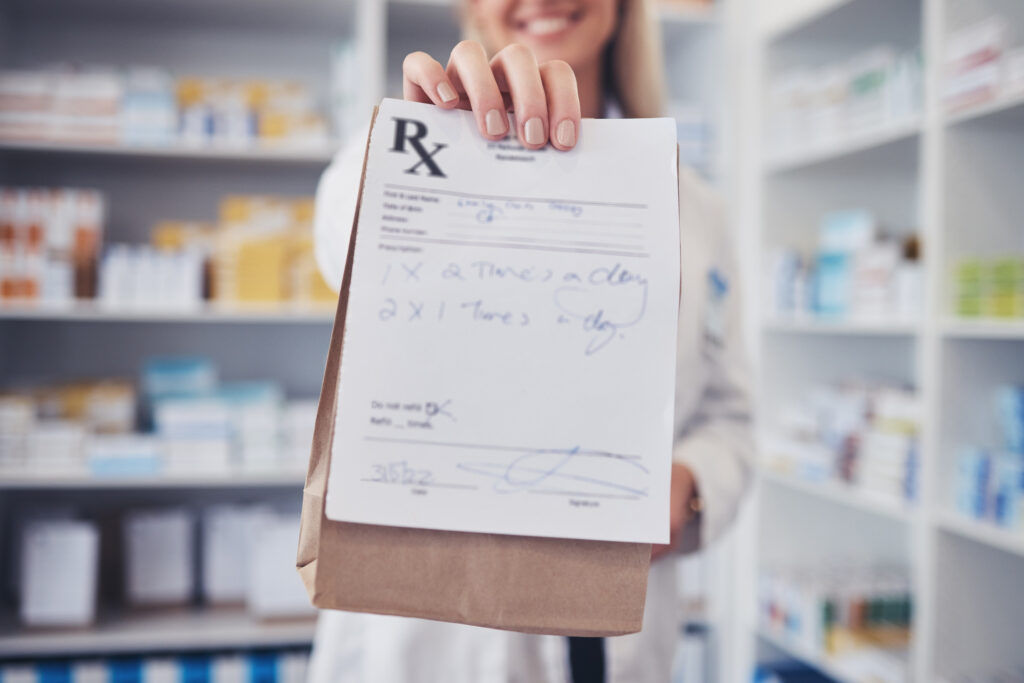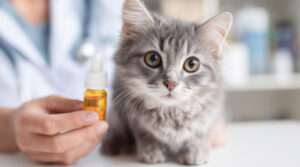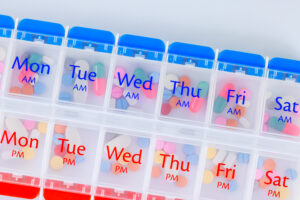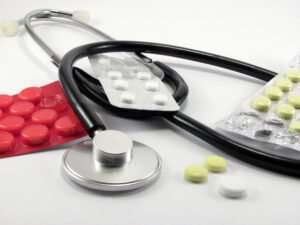Last Tuesday, I sat in my doctor’s waiting room for 47 minutes just to get a five-minute conversation about my blood test results. Meanwhile, Joe at Park Ridge Pharmacy spent twenty minutes with me the following day, unprompted, explaining exactly what those cholesterol numbers meant, how my new medication worked, and why I should take it with dinner rather than breakfast. He didn’t bill my insurance. He didn’t rush me along when another customer walked in. He just cared.
This contrast isn’t unusual in our fragmented healthcare system. As primary care appointments grow shorter and specialists more distant, our local pharmacists have quietly become the most accessible healthcare professionals in many New Jersey communities. But they’re doing far more than counting pills.
The Invisible Safety Net
When Emma stopped filling her depression medication at our local Hackensack pharmacy, Diane noticed.

Can We Fill Your Prescription?
Not because of sophisticated tracking systems, but because she knows her regular customers. A gentle phone call revealed Emma could no longer afford her prescription after losing her job. By that afternoon, Diane had enrolled her in a manufacturer assistance program that reduced the cost to $15 monthly – potentially preventing a mental health crisis that might have gone undetected in our often disconnected healthcare system.
“We’re the healthcare providers who see people in their natural habitat,” explains Michael Traverso, who runs a third-generation pharmacy in Monmouth County. “Doctors see patients on their best behavior in artificial environments. We see them weekly, in regular clothes, often with their kids in tow, sometimes stressed or tired. We notice things others miss.”
These observations create an invisible safety net beneath our formal healthcare system. The pharmacist who realizes a senior is struggling to read prescription labels and offers large-print options. The pharmacy tech who notices someone buying diabetic supplies and glucose tablets with increasing frequency and suggests an earlier doctor follow-up. The owner who recognizes when someone’s gait has changed and recommends a medication review to identify possible side effects.
When Algorithms Miss What Humans Catch
“My computer flags potential drug interactions,” says Theresa Liu, who operates a small pharmacy in Metuchen, “but it doesn’t know that Mrs. Abramson takes her heart medication sporadically or that Mr. Keating’s arthritis makes child-resistant caps impossible to manage. That’s human knowledge.”
This combination of clinical expertise and personal familiarity makes local pharmacists uniquely positioned to spot problems that might otherwise fall through the cracks of our specialized healthcare system. When five different specialists prescribe medications without coordination, it’s often the pharmacist who identifies potential conflicts or dangerous combinations.
The Health Partner Next Door
Cultural Competence in Diverse Communities
When my Lebanese neighbor struggled to understand her mother’s complicated medication regimen, it wasn’t a translator app that helped – it was Samir, the pharmacist at Cedar Pharmacy in Paterson who spoke Arabic and took time to explain everything in her native language while respecting cultural nuances about certain medications.
Across New Jersey’s richly diverse communities, local pharmacies often reflect and serve specific populations in ways chain stores cannot. From Polish-speaking staff in Wallington to Mandarin-speaking pharmacists in Fort Lee, these healthcare providers bridge cultural and linguistic gaps that might otherwise lead to dangerous medication misunderstandings.
The Wellness Guide You Actually See
When Peter changed from his trusted blood pressure medication to something new, he experienced persistent dizziness. After two unreturned calls to his doctor’s office, he mentioned it while picking up his refill. His pharmacist immediately recognized the issue – the new medication was lowering his pressure too much by early afternoon. A simple shift in timing solved the problem before his follow-up appointment three weeks later.
It’s this kind of practical guidance – grounded in both scientific knowledge and real-world awareness – that makes local pharmacists invaluable wellness partners. They translate complex medical concepts into everyday language and practical advice that works within your actual life, not some idealized medical scenario.
Health Beyond Medications
The most innovative New Jersey pharmacies have evolved far beyond medication dispensing. Some host fresh produce stands in urban neighborhoods with limited grocery access. Others offer evening support groups for chronic conditions. Many provide private consultation rooms for sensitive health discussions that shouldn’t happen over a public counter.
“We’re reclaiming the community health role pharmacists held decades ago,” explains Warren Levin, whose Summit pharmacy recently added a small wellness room for blood pressure checks and private consultations. “Before healthcare became so specialized and segregated, the local pharmacist was a true health resource for everyday concerns.”
This expanded role proves particularly valuable in communities with limited healthcare access. When the last primary care office in Aisha’s neighborhood closed, her local pharmacist became her first stop for minor health questions, offering guidance on whether symptoms warranted urgent care visits or could be managed with over-the-counter remedies.
In our increasingly fractured healthcare landscape, these neighborhood health allies provide something beyond clinical expertise – continuity, accessibility, and genuine connection. Sometimes the most powerful medicine isn’t found on any shelf, but in being truly seen and heard by someone who understands both the science of your medications and the reality of your daily life.
That’s the profound wellness support happening at your local New Jersey pharmacy, quietly, without fanfare, prescription after prescription, conversation after conversation, day after day.




